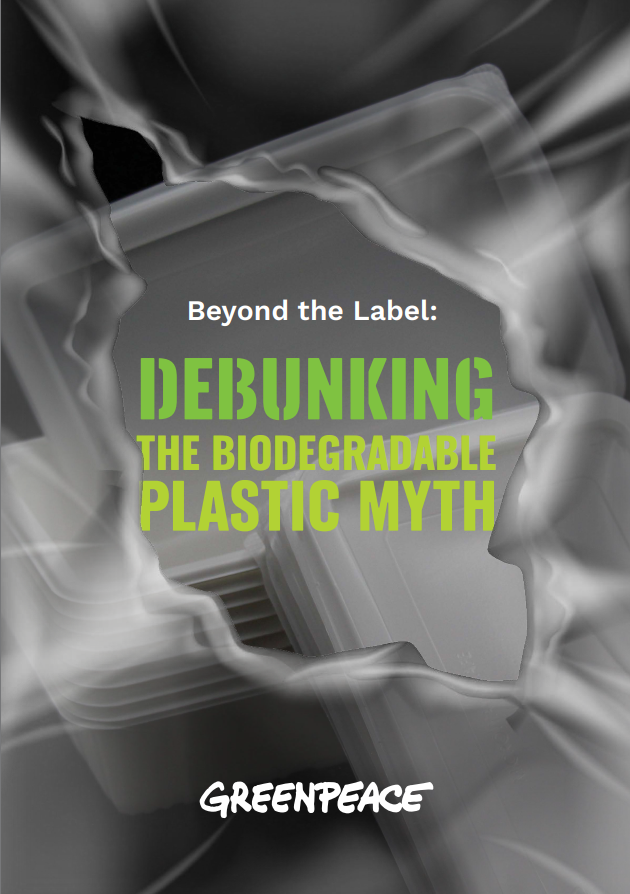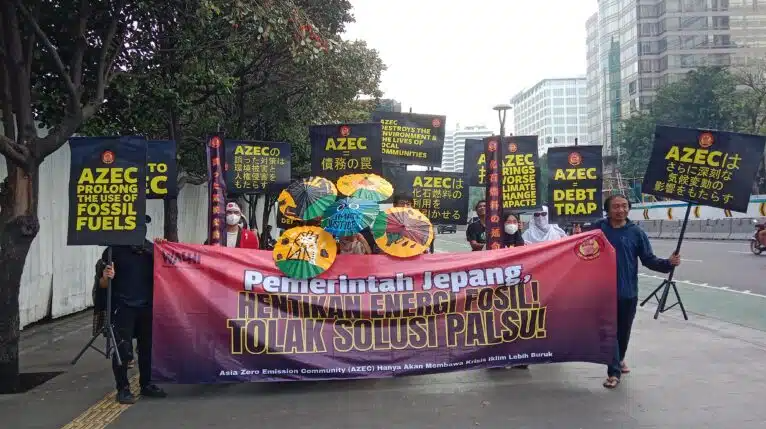Kuala Lumpur, Malaysia, 13 Oct 2021 – Greenpeace Malaysia welcomes the announcement of Prime Minister Datuk Seri Ismail Sabri Yaakob’s commitment to reduce the intensity of greenhouse gas emission across the economy by 45 per cent based on the Gross Domestic Product in 2030, which is 10 percent higher than the earlier target.
However, questions arise relating to how these reductions will be achieved within the current limited capacity of the government to implement and monitor these ambitious commitments and complex policies; as well as the parties that will be held accountable if these targets are not met.
One such concern relates to the implementation of the Domestic Emissions Trading Scheme (DETS) by KASA, using carbon offsetting schemes to achieve Net-Zero emissions targets.
According to the scientists behind the 2021 IPCC report on The Physical Science Basis released on Aug 9 [1], the world needs to make immediate, dramatic and consistent emissions reductions.
“Net-Zero is not Zero. Carbon offsetting is the opposite of proven concrete actions to reduce emissions and a dangerous game to play, it’s a licence to keep polluting,” said Greenpeace Malaysia Campaigner Heng Kiah Chun.
“It incentivises the commodification of nature by undermining land rights to allow powerful corporations and governments to take over the lands of the vulnerable, such as indigenous peoples and communities affected by forest destruction, to offset the emissions of wealthy people thousands of miles away. These schemes have led to land-grabbing, biodiversity destruction, and human rights abuses.” he added.
Natural solutions such as protecting forests and peatlands and restoring ecosystems that cut emissions directly should still be among the key priorities and strategies in reducing GHG emissions for Malaysia and should not be substituted with unproven and untested carbon capture and storage technologies.
Ismail Sabri’s announcement also opens up opportunities for the renewable energy industry to take significant steps forward. Based on the Southeast Asia Power Sector Scorecard [2] released by Greenpeace last year, Malaysia has advanced solar manufacturing capabilities. However, these are primarily for export.
The Scorecard recommends the following for Malaysia:
1) Create an exclusion policy for new coal and gas policy starting 2020;
2) Create a 50% target for Malaysia as soon as possible, and;
3) Improve market development for solar and wind. In addition, all of these has to be delivered through a Just Transition for the labor sector and other affected communities and industries.
Greenpeace will keep a watchful eye on the implementation of these commitments while serving our role as an independent civil society organisation defending the environment and rights of the people of Malaysia.
ENDS
NOTES:
[1]https://www.ipcc.ch/report/ar6/wg1/
[2]https://www.greenpeace.org/malaysia/publication/3718/southeast-asia-power-sector-scorecard/



